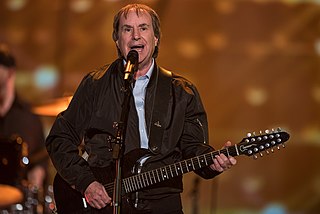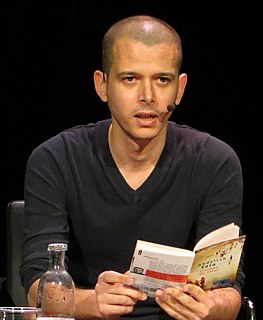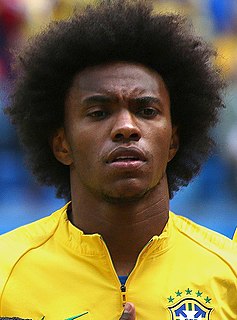A Quote by Sefi Atta
As a student in England, I studied French and English literature. I read L'Etranger and the rhythm of the novel felt familiar to me - very African.
Related Quotes
I read everything. I'll read a John Grisham novel, I'll sit and read a whole book of poems by Maya Angelou, or I'll just read some Mary Oliver - this is a book that was given to me for Christmas. No particular genre. And I read in French, and I read in German, and I read in English. I love to see how other people use language.
English is, from my point of view as an Americanist, an ethnicity. And English literature should be studied in Comparative Literature. And American literature should be a discipline, certainly growing from England and France, Germany, Spain, Denmark, and the Native traditions, particularly because those helped form the American canon. Those are our backgrounds. And then we'd be doing it the way it ought to be done. And someday I hope that it will be.
I studied English Literature. I wasn’t a very good student, but one thing I did get from it, while I was making films at the same time with the college film society, was that I started thinking about the narrative freedoms that authors had enjoyed for centuries and it seemed to me that filmmakers should enjoy those freedoms as well.
There was never a choice to sing in English or French, that's the thing. We started a band and sang right away in English. You reproduce the thing you like, and most of the bands we liked were coming from England or the U.S. We also came to cherish the fact that there was no one in France singing in English -we were so happy Phoenix to be the first. Even if we are traitors to France, our country, which I'll never understand, because we talk about things that are very French.
In order to translate a sentence from English into French two things are necessary. First, we must understand thoroughly the English sentence. Second, we must be familiar with the forms of expression peculiar to the French language. The situation is very similar when we attempt to express in mathematical symbols a condition proposed in words. First, we must understand thoroughly the condition. Second, we must be familiar with the forms of mathematical expression.
I'd studied English literature and American history, but the English literature, which I thought was going to be helpful to me in an immediate way, was the opposite. So I had to un-think a lot of things and move out of my own head, and I learned a lot. It was like graduate school, but an un-graduate school or an un-school.







































